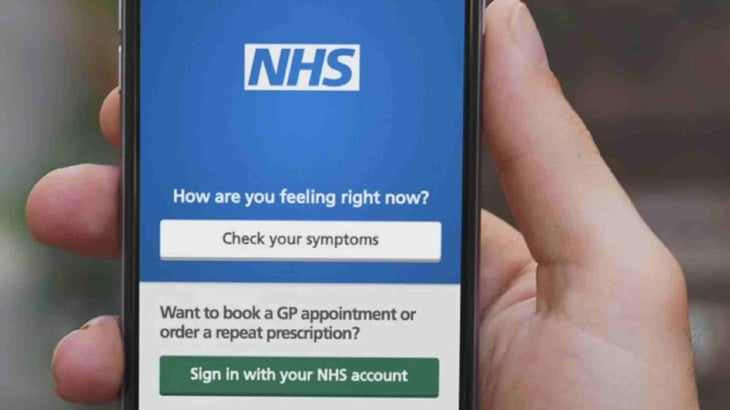Government publishes data strategy for health and social care

The Department of Health and Social Care (DHSC) has published a new data strategy for health and social care in England with the aim of reforming the use of data in the NHS and finding data-driven solutions that can benefit healthcare professionals and patients.
The strategy is based around seven principles focused on improving trust on how the healthcare system uses data, opening up data to healthcare professionals and researchers through trusted research environments (TREs), and developing the necessary technical infrastructure needed to achieve this.
It will be underpinned by £200 million investment in NHS data infrastructure and TREs, subject to HM Treasury approval. TREs play a key role in the strategy as they will allow researchers to access linked NHS data for clinical research and innovation with patient consent.
“The move to use TREs, in particular, is historic,” said Ben Goldacre, author of the Goldacre review and Director of the Bennett Institute at the University of Oxford. “TREs earn public trust by provably protecting patients’ privacy and by sharing detailed, transparent audits of all data usage. They also drive efficiency, because all users working with the same datasets can use common tools for data curation and analysis.
“The small number of secure platforms described in this document will finally unlock the vast potential in all patient data for research and for improving NHS care. Done right, they will address the privacy concerns of the past and drive faster, more reliable, more secure and more efficient use of data, from more teams than ever before.”
A one-stop shop for healthcare
The data plan wants the NHS App to become a one-stop shop for England’s population healthcare needs. After a controversial start, the app achieved success during the pandemic and currently has 28 million users.
In April 2022 alone, the app was used to manage 150,000 primary care appointments and 1.7 million patients used it to order repeat prescriptions. Other services that can be accessed through the app include the NHS Covid Pass, organ donation registration and national data opt-out.
The strategy has set a target of 75% of the adult population in England to be registered to use the NHS App and NHS website by March 2024. DHSC wants the app to allow patients to access their health records and give the possibility to request digitally historic coded information including diagnosis, blood test results and immunisations.
Reinforcing patients’ trust
The data strategy includes the commitment to give patients more control on how their data is used, including a simplification of opting-out processes for data sharing and improving access to GP records in the NHS App by giving patients access to their latest health information by November 2022.
Data consent will be simplified and offered in one place, offering more transparency to patients through a ‘tick box’ option in the NHS App offering the different choices in a simple and understandable format for citizens to know what they are opting out of and how their data will be used.
The launch of a ‘data pact’ public consultation will set out how the healthcare system will use patient data and what the public has the right to expect.
NHS Digital CEO Simon Bolton said: “The ‘Data saves lives’ strategy is a significant milestone in enabling us to deliver the digital transformation of the NHS, where data and technology support a health and care service fit for the future.
“Better access to data will be vital for the NHS recovery, and patient trust and confidence must be central to this. We are committed to giving patients more control and increasing transparency over how data is used to improve health and care services.”




